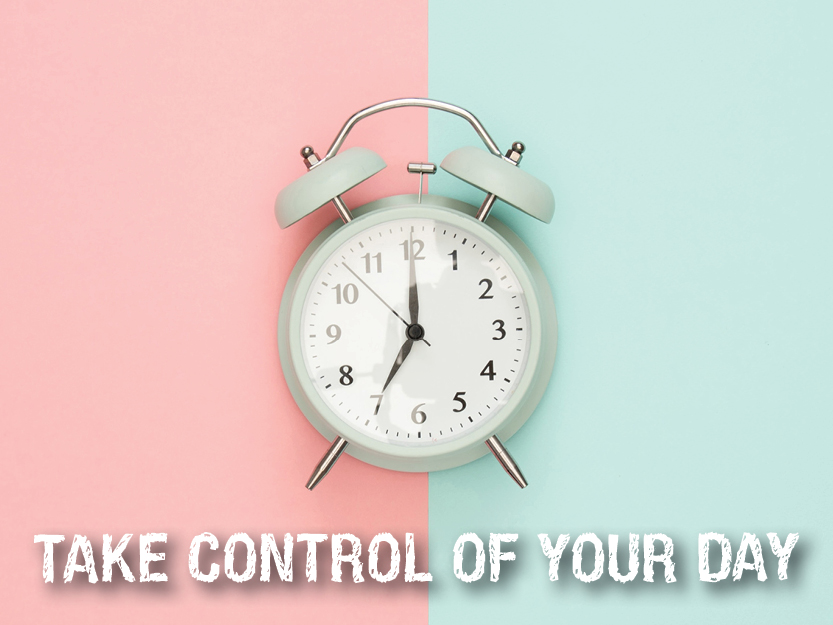Fundraisers notoriously have job descriptions that no one person could reasonably handle. This is especially true if you’re a small shop, where you may be responsible for doing it all and then some.
And, there are new development strategies to work into your repertoire all the time.
The secret to managing an overwhelming workload isn’t working more. The trick is working smarter—prioritizing the most important over all else, and using the time you have more efficiently and effectively.
With that in mind, here are my Ten Essential Time Management Tips. I hope they help make your days a bit more manageable.
- Don’t schedule every hour of the day. Double the time you budget for how long you think something is going to take. This leaves time for unexpected requests and interruptions.
- Do your most important work at the time of day when you’re most clear headed. If you’re not really awake until 11am, don’t try to tackle big projects in the morning. If you’re toast by 3pm, get the heavy lifting done early.
- Eliminate distractions. Just have the project you’re working on in front of you. Close your door, turn off your phones, wear earplugs, put on headphones, whatever it takes.
- Limit how many times each day you check your email. When I have my email open in the background, I’m constantly clicking over to see what might have come in. Or, worse, a notification will pop up telling me something new has arrived. Try just checking your email in the morning when you get to your desk, mid-day, and before you leave for the night.
- Don’t let the perfect be the enemy of the good. There’s no such thing as perfect. And the theory of diminishing returns is real. Make it good. Make it great even. Then move on to the next item on your list.
- Set clear priorities and start saying “no” to work that falls outside those most important tasks. We can’t do all that’s asked of us. And everything can’t be a priority — that’s the equivalent of having no priorities. Be clear about your most important tasks for the day (or week). And, if asked to do something that falls outside those priorities, say “no,” see if someone else can do it, or find out if it can be done another time.
- If you’re a fidgeter, tell yourself you will work for one hour, or two, without stopping. And set a timer. When the time is up, give yourself permission to get up and move around for five minutes. Then go back to your desk and restart the clock.
- Don’t work more than 9 hours a day except during very limited crunch times. You can only perform at high standards for so long before you need a break to recharge. Something you tack on at the end of the day that takes you an hour or more could be done the next morning in less than 30 minutes and at a much higher quality.
- Take breaks. They make you more productive. Stretch—especially if you sit at a desk and work on a computer for hours at a time. Go outside and get some fresh air. Even if the weather is terrible. Find a way to get your blood moving, like by chair dancing or going on a walk.
- End your day by making your “to do” list for the next day. Clear your brain for the evening and start the following morning with a plan in place.



